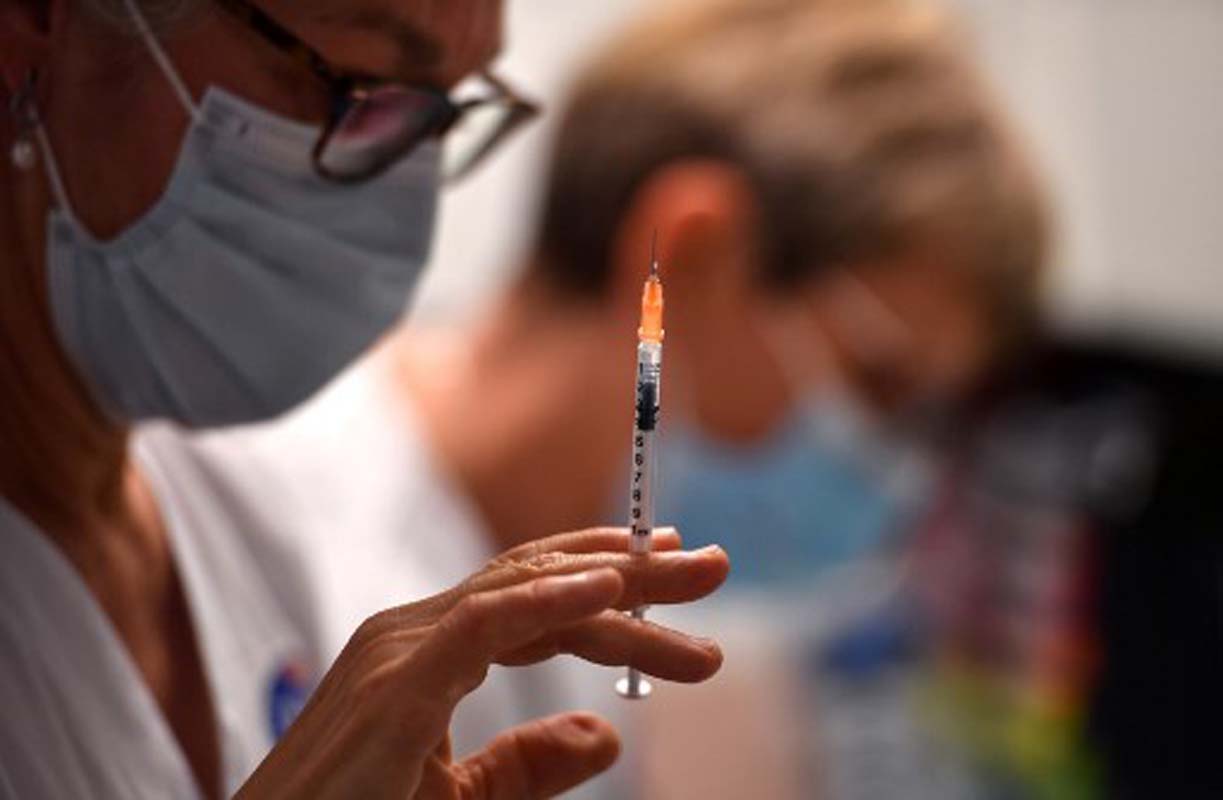
403
Sorry!!
Error! We're sorry, but the page you were looking for doesn't exist.
Study indicates all Dutch people have ‘forever chemicals’ in their blood
(MENAFN) A new national study has revealed that every person in the Netherlands has measurable levels of “forever chemicals” in their bloodstream, with most exceeding recommended health thresholds.
The research, released Thursday by the Dutch National Institute for Public Health and the Environment (RIVM), is the first comprehensive survey of its kind conducted in an EU country. It focused on PFAS (per- and polyfluoroalkyl substances), a group of synthetic chemicals used in products such as non-stick cookware, food packaging, stain-resistant fabrics, and personal care items. These substances are known for their resistance to breaking down in the environment or the human body, earning them the label “forever chemicals.”
“Everyone in the Netherlands has different types of PFAS in their blood. In almost all cases, the amounts are above the health-based guidance value,” the RIVM reported.
Exposure occurs through food, drinking water, household goods, air, and soil. While PFAS presence doesn’t automatically result in illness, research has linked certain compounds to high cholesterol, infertility, kidney disorders, immune system suppression, and some cancers. The health effects vary depending on individual conditions and the level and duration of exposure.
The findings were based on around 1,500 blood samples collected between 2016 and 2017. RIVM is now analyzing newer samples from 2025 to track any changes.
Although PFAS remain in the body for extended periods, RIVM noted they can decline over time if exposure is reduced. Similar studies in the US, Canada, and Australia have also reported widespread PFAS presence in national populations.
The research, released Thursday by the Dutch National Institute for Public Health and the Environment (RIVM), is the first comprehensive survey of its kind conducted in an EU country. It focused on PFAS (per- and polyfluoroalkyl substances), a group of synthetic chemicals used in products such as non-stick cookware, food packaging, stain-resistant fabrics, and personal care items. These substances are known for their resistance to breaking down in the environment or the human body, earning them the label “forever chemicals.”
“Everyone in the Netherlands has different types of PFAS in their blood. In almost all cases, the amounts are above the health-based guidance value,” the RIVM reported.
Exposure occurs through food, drinking water, household goods, air, and soil. While PFAS presence doesn’t automatically result in illness, research has linked certain compounds to high cholesterol, infertility, kidney disorders, immune system suppression, and some cancers. The health effects vary depending on individual conditions and the level and duration of exposure.
The findings were based on around 1,500 blood samples collected between 2016 and 2017. RIVM is now analyzing newer samples from 2025 to track any changes.
Although PFAS remain in the body for extended periods, RIVM noted they can decline over time if exposure is reduced. Similar studies in the US, Canada, and Australia have also reported widespread PFAS presence in national populations.

Legal Disclaimer:
MENAFN provides the
information “as is” without warranty of any kind. We do not accept
any responsibility or liability for the accuracy, content, images,
videos, licenses, completeness, legality, or reliability of the information
contained in this article. If you have any complaints or copyright
issues related to this article, kindly contact the provider above.


















Comments
No comment